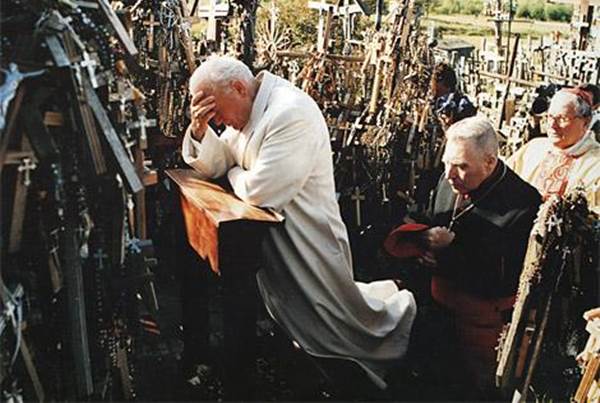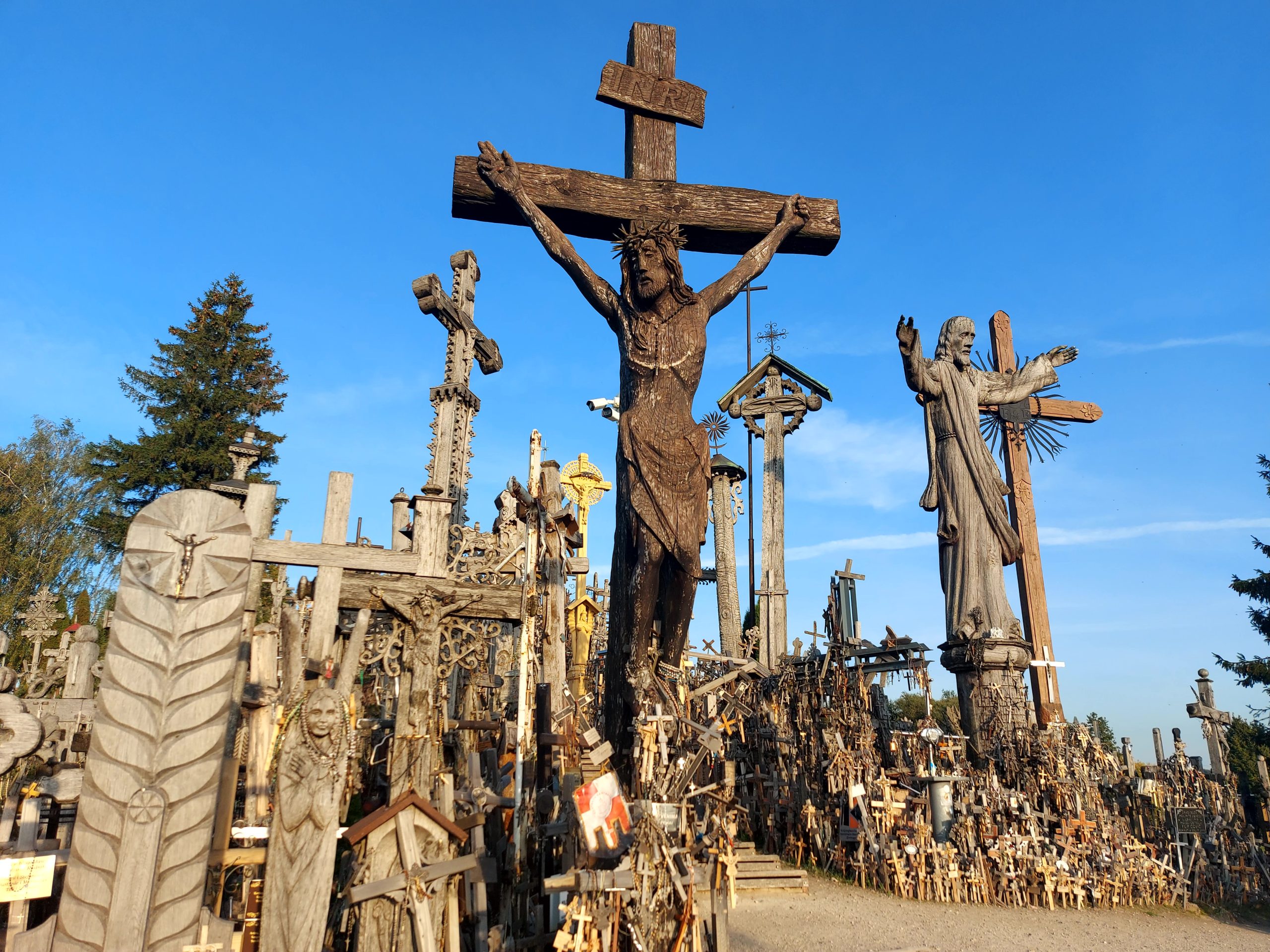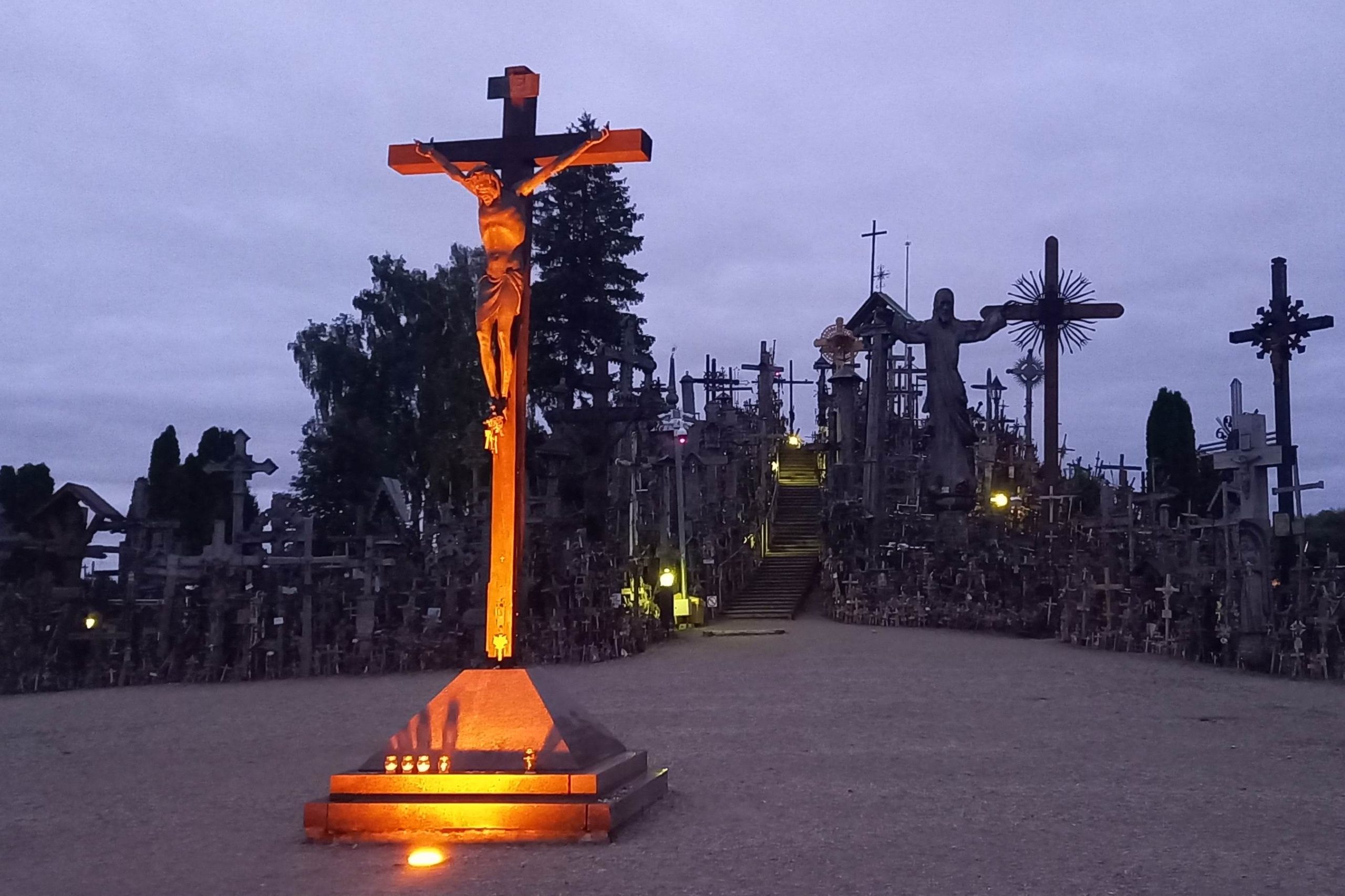Christianity is one of the world’s major religions and has a significant presence in many countries around the globe. Here are some key points about Christianity and its global impact:
 Beliefs and Teachings: Christianity is based on the life, teachings, death, and resurrection of Jesus Christ, as recorded in the Bible. Christians believe in the Holy Trinity—the Father, the Son (Jesus Christ), and the Holy Spirit—and that Jesus is the Son of God and the savior of humanity.
Beliefs and Teachings: Christianity is based on the life, teachings, death, and resurrection of Jesus Christ, as recorded in the Bible. Christians believe in the Holy Trinity—the Father, the Son (Jesus Christ), and the Holy Spirit—and that Jesus is the Son of God and the savior of humanity.
Denominations: Christianity is not a monolithic religion but encompasses various denominations and traditions. The major branches include Catholicism, Protestantism, and Eastern Orthodoxy, each with its distinct beliefs, practices, and organizational structures. Within these branches, there are numerous denominations and independent churches.
Number of Adherents: Christianity is the largest religion globally, with an estimated 2.3 billion adherents as of 2021. It has a significant presence in Europe, the Americas, and Africa, while also having followers in Asia and Oceania.
Regional Distribution: Christianity has historically had a strong presence in Europe, with countries like Italy, Spain, France, and Germany having Christian majorities. The Americas, particularly the United States and Brazil, also have significant Christian populations. In Africa, countries such as Nigeria, the Democratic Republic of Congo, and Ethiopia have large Christian communities. Additionally, Christianity has been spreading in Asia, particularly in South Korea, the Philippines, and China.
Denominational Diversity: Christianity is characterized by diverse denominations and traditions. The Roman Catholic Church is the largest Christian denomination, headed by the Pope. Among Protestants, there are various denominations such as Anglicans, Lutherans, Methodists, Baptists, Pentecostals, and many more. Eastern Orthodoxy is prominent in Eastern Europe and Russia.
 Worship and Practices: Christian worship typically involves communal gatherings in churches or other places of worship. Worship services often include prayers, singing of hymns, scripture readings, sermons, and the celebration of the Eucharist (Holy Communion). Christian practices also vary across denominations, including baptism, confirmation, marriage, and funeral rites.
Worship and Practices: Christian worship typically involves communal gatherings in churches or other places of worship. Worship services often include prayers, singing of hymns, scripture readings, sermons, and the celebration of the Eucharist (Holy Communion). Christian practices also vary across denominations, including baptism, confirmation, marriage, and funeral rites.
Christian Influence: Christianity has had a profound impact on history, culture, art, and social institutions worldwide. It has influenced moral and ethical frameworks, legal systems, education, healthcare, and humanitarian efforts. Christian missionaries have played a significant role in spreading the religion and establishing educational and healthcare institutions in various parts of the world.
hallenges and Diversity: Christianity faces challenges and diversity within its own ranks. The religion has experienced schisms and divisions throughout its history, resulting in different theological perspectives and practices. Additionally, there are ongoing debates and discussions within Christianity on issues such as interpretation of scripture, social ethics, gender roles, and human sexuality.
It’s important to note that this overview provides a general understanding of Christianity’s presence in the world, but there are many nuanced aspects and variations within the religion due to its diverse denominations, cultural contexts, and individual interpretations.
The highest number of Christians is in the United States
As of 2021, the country with the highest number of Christians is the United States. According to Pew Research Center, about 65% of the American population identifies as Christian. The United States has a diverse Christian landscape, with various denominations and traditions represented.
Other countries with significant Christian populations include Brazil, Mexico, Russia, the Philippines, Nigeria, the Democratic Republic of Congo, Germany, Italy, and Ethiopia, among others. However, it’s worth noting that while these countries have large Christian populations, the specific percentages may vary, and there may also be significant religious diversity within these nations.
Christianity or Islam which is older?
Christianity originated in the 1st century AD with the ministry of Jesus Christ and the subsequent teachings of his disciples. The crucifixion and resurrection of Jesus are considered pivotal events in Christian history.
On the other hand, Islam emerged in the 7th century AD. It was founded by the prophet Muhammad in the Arabian Peninsula. Muhammad is believed by Muslims to have received revelations from God, which were later compiled into the Islamic holy book, the Quran.
Therefore, Christianity predates Islam by several centuries. It is worth noting that both religions have distinct beliefs, practices, and historical developments, even though they share some common elements and religious figures.







